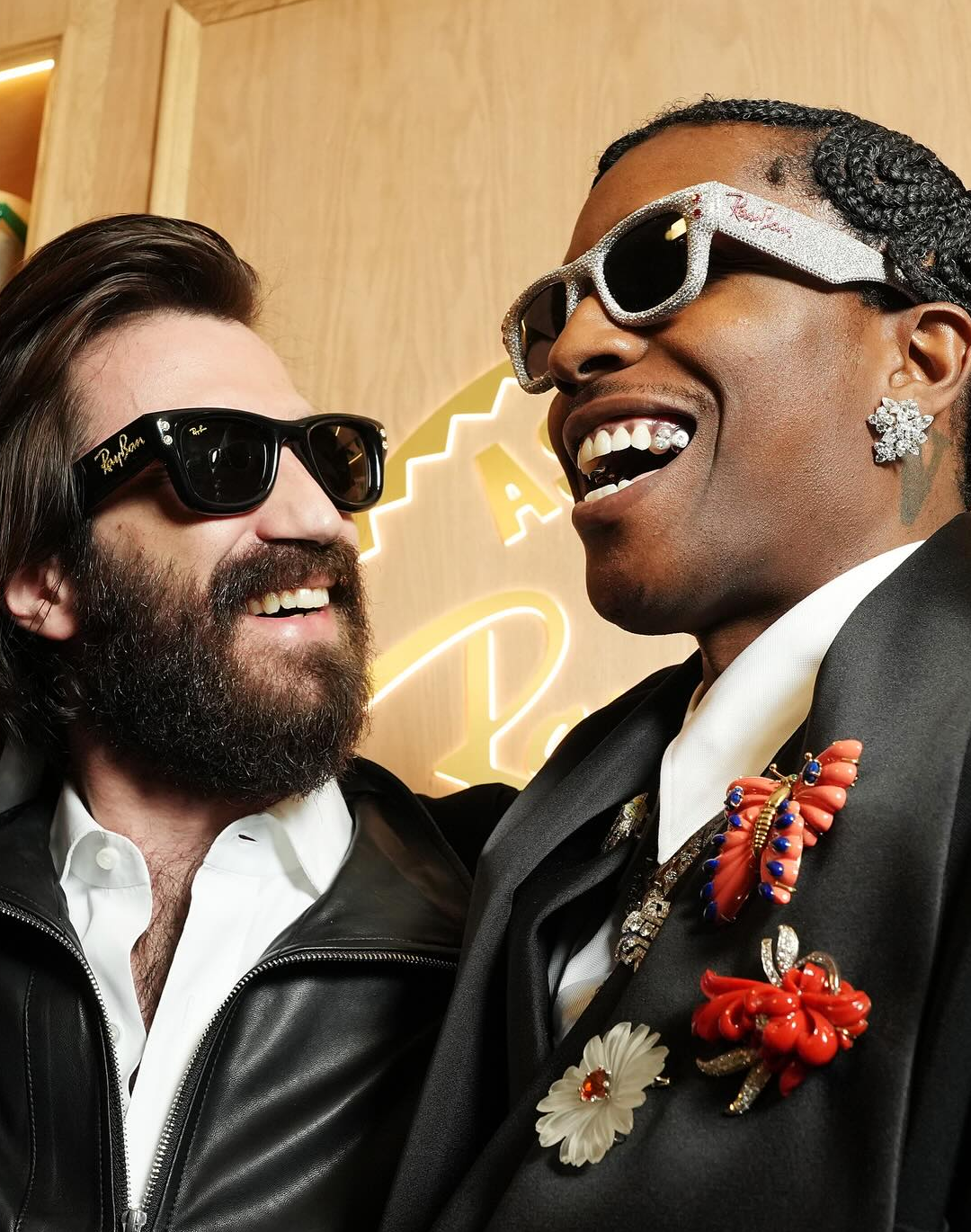
Is this the end for the Silicon Valley myth? When a utopia becomes a dystopia
It's not a good time for Silicon Valley - the San Francisco Bay Area industrial district that has spawned start-ups and multinationals that have shaped our lives online and offline. 2022 was the year that shares in Amazon, Alphabet, Microsoft, Meta, Apple and many other companies plummeted, in some cases dramatically, while 120,000 tech employees lost their jobs. The most obvious example of a collapse that shows no signs of recovery is, of course, Twitter. In November, Musk had fired half of its staff and reinstated some of its most controversial banned users (from neo-Nazi Andrew Anglin to former President Donald Trump), leading to advertisers leaving and prominent users leaving one last tweet as a suicide note. Now, amid lawsuits, possible violations of Federal Trade Commission and European Union law, a fleeing workforce and a pile of unpaid bills, Twitter's future is sealed. But it's not all Musk's fault. The Tesla CEO was just the tip of an iceberg of the recession that has marked the last five years of the platform, with a significant and progressive decline in user numbers and difficulties in moderation, in a context of general crisis common to all inhabitants of Silicon Valley.
@rawanog The end of an era #metalayoffs #careertok #techtok #bigtech original sound - Rawan | Career Programs
As The Atlantic reports, Meta has lost hundreds of billions of dollars and laid off more than 11,000 employees, 13% of its total workforce. The launch of Apple's new iPhone disappointed expectations just weeks before it was announced that the Justice Department was considering a major antitrust suit against the tech giant, and the quality of Google search has deteriorated to the point where the younger generation is turning to TikTok and Instagram for web searches. Amazon is fighting unions after years of unstoppable expansion (the general strike by warehouse workers at a Staten Island logistics centre is emblematic), while a National Labour Relations Board lawsuit and new cuts loom. At the same time, the many innovations that were supposed to boost the budget are failing, with Amazon's prototype delivery drones repeatedly crashing during flights and even causing a forest fire in Oregon, and Alexa being branded a 'colossal failure'.
@rachaelbaylis Join GMB trade union today to be protected in this fight for proper pay and conditions at Amazon. #Amazon #Strikes #Workers #GMBtradeUnion #Organise #union #industrialaction original sound - Rachael Baylis
Add to this the major news cases that have helped dispel the media myth of Silicon Valley as a utopian realm where human possibilities reach the pinnacle of realisation: Elizabeth Holmes, founder of the start-up Theranos, once the new great promise of contemporary science, was sentenced in November to more than 11 years in prison for defrauding her company's investors by peddling an invention that never really existed. Sam Bankman-Fried, a former crypto-wonder sympathiser for the Democratic Party, ended the year bankrupt, out on bail and charged with multiple counts of fraud, and finally Musk again. The man who inspired the characterisation of Iron Man played by Robert Downey Jr, the superhero who wanted to live on Mars, has captured a new Guinness World Record title: he is the first person in history to lose $200 billion, the symbol of a man with big ambitions, consumed by greed and light years away from the ideals he professed at the start of his career. Perhaps it is not just Big Tech that is in crisis, on the cusp of an era of epochal change affecting the nature of social networks and the future of the internet. The problem is the collapse of a model in which visionaries are entrusted with millions to invent a future that turns out to be eternally the same as the past. Companies founded on the promise of connecting the world, making information freely available to all and democratising technology have spent much of the last decade adapting to the very system they set out to fight. Now dominated by monopolies and characterised by a toxic and anachronistic business model, the Silicon Valley dream seems to have reached its sell-by date.















































